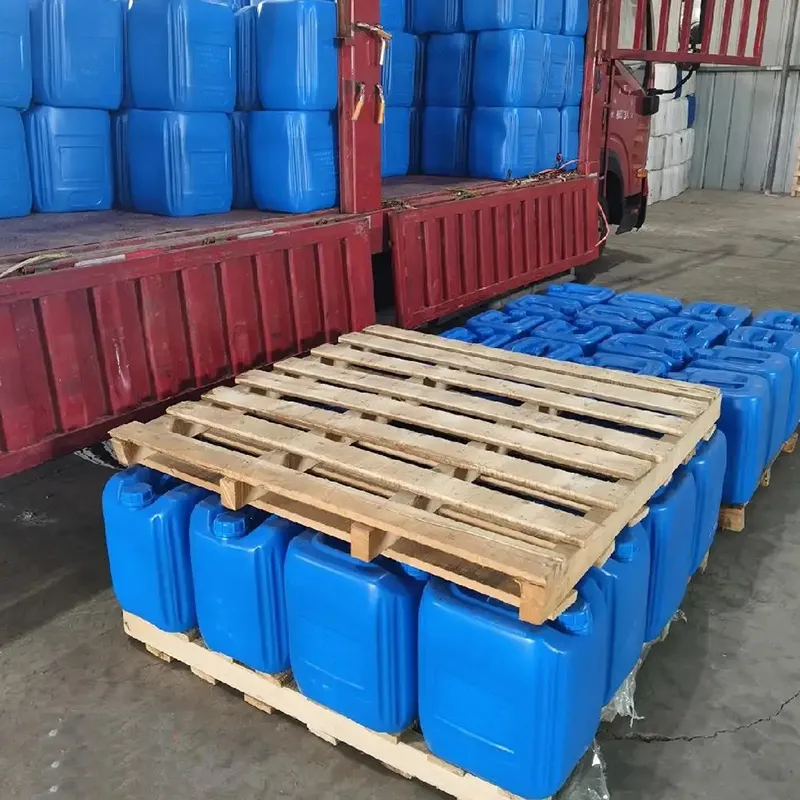
e 224 preservative
Understanding E224 Preservative A Comprehensive Overview
In the world of food preservation, various additives play a crucial role in extending shelf life, enhancing flavor, and ensuring safety. One such substance is E224, also known as potassium metabisulfite. This chemical compound has been widely used in the food and beverage industry due to its antioxidant and antimicrobial properties. In this article, we will explore the origins, applications, benefits, and potential concerns related to E224.
What is E224?
E224 is a white, crystalline powder that is a member of the sulfite family, which consists of sulfur-containing compounds. Potassium metabisulfite is the potassium salt of metabisulfite, and it is commonly used as a food preservative. It is often labeled on food products as E224 and is recognized for its ability to inhibit the growth of harmful bacteria and prevent spoilage.
Applications of E224
E224 is widely used in various food and beverage products. It is especially prominent in the winemaking process, where it serves as a stabilizing agent by preventing oxidation and controlling the growth of unwanted microorganisms. In addition to wine, E224 is used in dried fruits, such as raisins and apricots, to retain color and flavor, and it is often added to sauces, pickles, and canned foods to extend their shelf life.
Moreover, E224 finds applications in the production of certain pharmaceuticals and cosmetics, where it acts as a preservative and antioxidant. Its versatility makes it an invaluable component in both the food industry and other sectors requiring preservation and stabilization.
Benefits of E224
e 224 preservative

There are several advantages to using E224 in food and drink products. Firstly, its effectiveness as a preservative helps to maintain the quality and safety of food items, reducing the risk of foodborne illnesses. By controlling the growth of microorganisms, E224 contributes to longer shelf life and less food waste, which is particularly important in today’s world where sustainability is a growing concern.
Secondly, E224 plays a vital role in enhancing the sensory qualities of food. It helps to preserve the natural color and flavor, making products more appealing to consumers. For winemakers, the use of E224 is essential to achieving a stable and high-quality product that can be enjoyed over a longer period.
Possible Concerns and Regulations
While E224 has clear benefits, it is essential to consider some potential concerns associated with its use. Some individuals may be sensitive or allergic to sulfites, which can lead to adverse reactions, especially in asthmatic patients. As a result, regulatory bodies in many countries require that foods containing sulfites, including E224, be labeled accordingly to inform consumers.
Due to the potential for allergic reactions, the use of E224 in food products is regulated. In the European Union, for example, E224 is permitted but subject to specific limits. Foods and beverages containing sulfites above a certain concentration must display a warning label, ensuring that sensitive individuals can make informed choices.
Conclusion
E224, or potassium metabisulfite, is a widely used preservative with a rich history in food and beverage production. Its ability to prevent spoilage, maintain quality, and enhance flavor makes it a valuable tool for producers. However, it is crucial for consumers to be aware of its presence in products and the potential for sulfite sensitivity. As the food industry continues to evolve, understanding the role of additives like E224 will help both producers and consumers make informed choices that prioritize safety, quality, and health. In the end, while preservatives such as E224 contribute significantly to food preservation, it is vital to balance their use with consumer awareness and regulatory compliance to ensure the wellbeing of all.
-
Pure Sodium Dichloroisocyanurate Dihydrate | Powerful DisinfectantNewsAug.29,2025
-
Industrial Chemicals: Quality & Purity for Every IndustryNewsAug.28,2025
-
Nitrile Rubber Honoring Strict Production StandardsNewsAug.22,2025
-
Aspartame Ingredients Honoring Food Safety ValuesNewsAug.22,2025
-
Fertilizer for Balanced Plant NutritionNewsAug.22,2025
-
Cyanide Gold Processing with High Purity AdditivesNewsAug.22,2025
-
Formic Acid in Textile Dyeing ApplicationsNewsAug.22,2025
Hebei Tenger Chemical Technology Co., Ltd. focuses on the chemical industry and is committed to the export service of chemical raw materials.
-

view more DiethanolisopropanolamineIn the ever-growing field of chemical solutions, diethanolisopropanolamine (DEIPA) stands out as a versatile and important compound. Due to its unique chemical structure and properties, DEIPA is of interest to various industries including construction, personal care, and agriculture. -

view more TriisopropanolamineTriisopropanolamine (TIPA) alkanol amine substance, is a kind of alcohol amine compound with amino and alcohol hydroxyl, and because of its molecules contains both amino and hydroxyl. -

view more Tetramethyl Thiuram DisulfideTetramethyl thiuram disulfide, also known as TMTD, is a white to light-yellow powder with a distinct sulfur-like odor. It is soluble in organic solvents such as benzene, acetone, and ethyl acetate, making it highly versatile for use in different formulations. TMTD is known for its excellent vulcanization acceleration properties, which makes it a key ingredient in the production of rubber products. Additionally, it acts as an effective fungicide and bactericide, making it valuable in agricultural applications. Its high purity and stability ensure consistent performance, making it a preferred choice for manufacturers across various industries.





